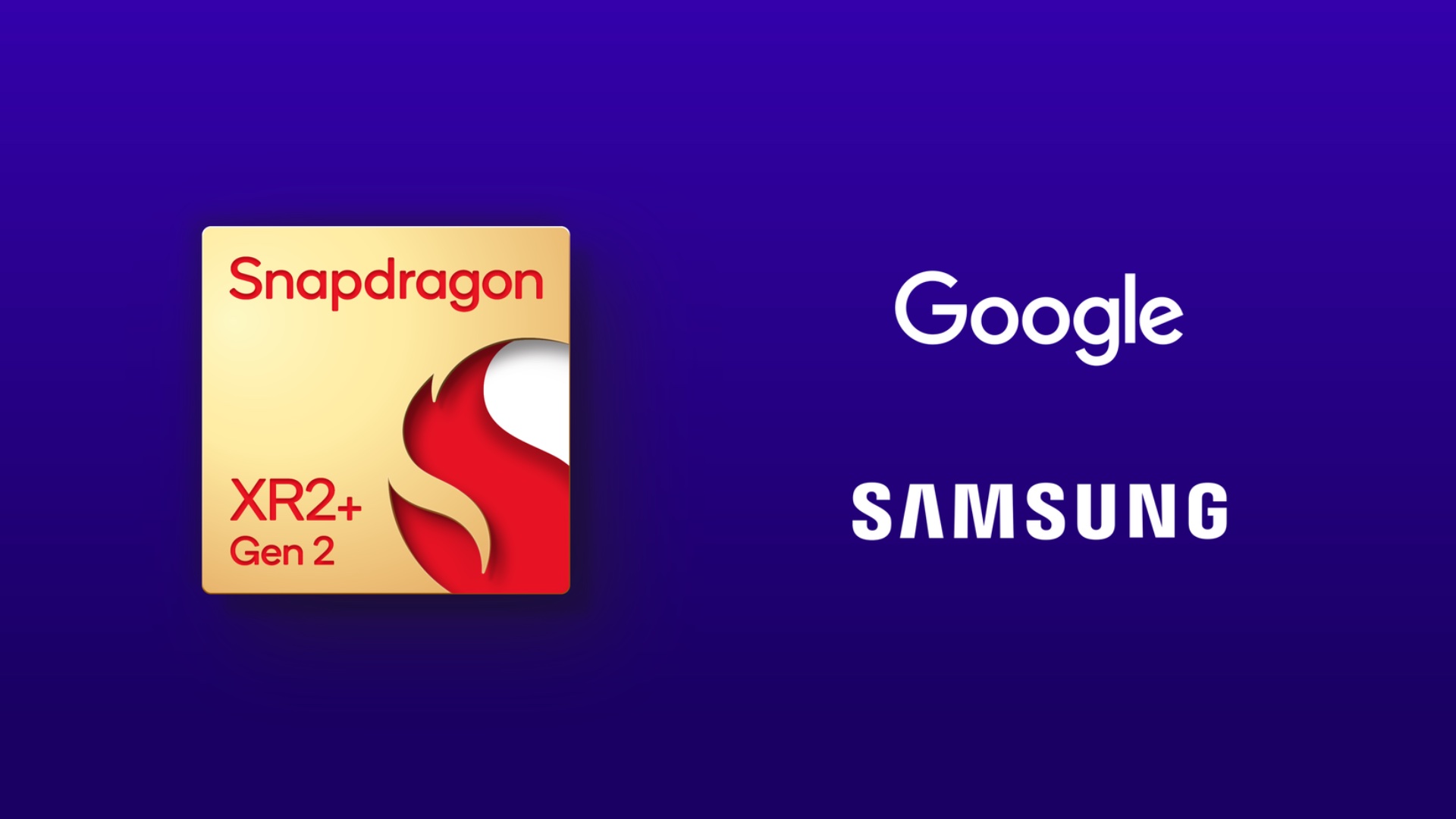
While it's true that Apple's Vision Pro won't be the world's first augmented reality headset when it finally arrives on store shelves, it's fair to say that it will be an important product in the category. Just like there were smartwatches before the Apple Watches and tablets before the iPad — and smartphones before the iPhone, for that matter — it's Apple's entry into a market that tends to give it an air of legitimacy. And it's what makes other companies take a cold, hard look at whether they too should be involved.
That's something that's happening more and more in the world of spatial computing, the buzzy word that's been given to mixed reality, or AR/VR if you prefer. But whatever you call it, spatial reality refers to headsets that combine augmented reality with virtual reality elements to create a new experience the likes of which an iPhone or an iPad simply can't compete. It has the potential to be the next big change in the way we interact with technology and information, and the Vision Pro is Apple's first salvo.
But it isn't alone in launching new spatial computing gear, and Qualcomm has announced its own entry into the market. Not with a headset itself, as such, but with the underlying technology that other companies can then use to create their own wares. In much the same way Qualcomm Snapdragon chips power Samsung phones, the same is set to be the case with spatial computing. Enter, Qualcomm Snapdragon XR2+ Gen 2.
So much excitement
There is little doubt that the Snapdragon XR2+ Gen 2 name won't mean an awful lot to many people, but it will mean a lot to those who are in the business of finding the innards to power their own products. Two such companies, Google and Samsung, are already on board with Qualcomm's new spatial reality reference hardware and are keen to make everyone aware of how excited they are — as shown by the press release Qualcomm sent to media.
“Samsung is thrilled to collaborate with Qualcomm Technologies and Google in revolutionizing the mobile industry once more." Inkang Song, vice president and head of technology strategy team at Samsung Electronics, said in that press release. "With Samsung's mobile expertise and our joint commitment, we aim to create the best-in-class XR experience for Galaxy users.”
Google was similarly thrilled. "We look forward to continuing our collaboration with Qualcomm Technologies and Samsung on the future of immersive and spatial XR,” said Shahram Izadi, vice president of AR at Google. “We’re excited for the Android ecosystem to take advantage of Snapdragon XR2+ Gen 2’s capabilities and enable new experiences.”
The details
The thing is, Qualcomm might have something for them to be excited about here. The Snapdragon XR2+ Gen 2 supports 4.3K resolution displays per eye and can power 12 or more concurrent cameras to create what could be some impressive mixed reality experiences, software permitting. We're also told to expect more GPU and CPU performance compared to the previous iteration of Qualcomm's platform, too.
But in reality — pun semi-intended — all three companies might be missing the point. The spatial computing market won't be won with specs. It'll be won with experiences, and whether or not Google or Samsung can build experiences to make Qualcomm's specs sing very much remains to be seen.
If you're an iPhone owner, you're probably already waiting on that Vision Pro headset. Rumored for a late-January release, it'll cost a small fortune. But Apple is reportedly already working on a cheaper one. Which bells and whistles will be removed to hit a price point remains to be seen, but you can bet the software will be even better than the OG Vision Pro.
Can the same be said for whatever winds up running Snapdragon XR2+ Gen 2? Competition is good for everyone, so let's hope it can.







